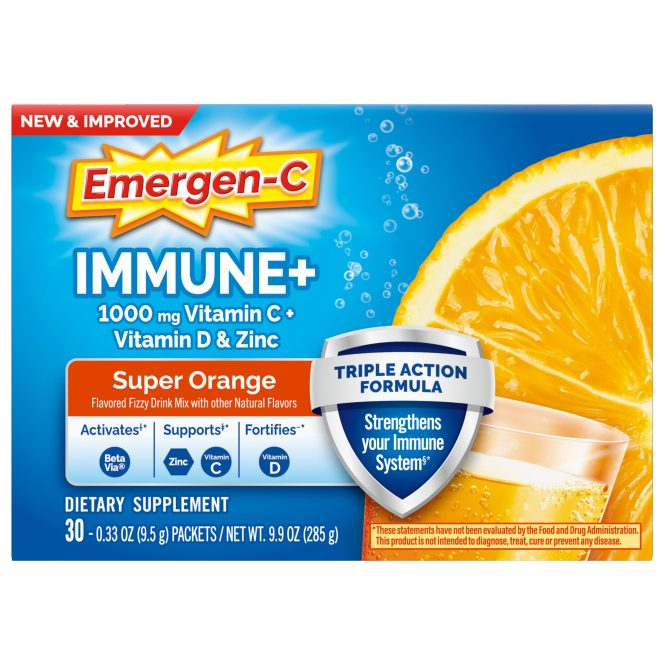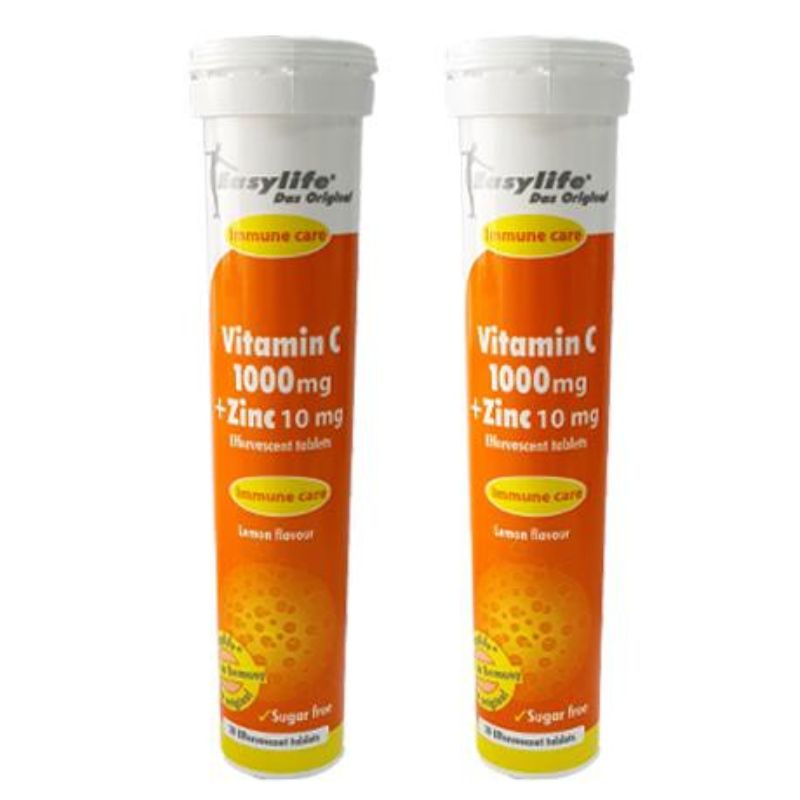

Supplementing for immune support is a multifaceted approach that goes beyond the well-known Vitamin C and Zinc. A robust immune system is critical for overall health, and while these essential vitamins play key roles, a balanced strategy for immune enhancement needs a deeper look. This comprehensive guide will delve into the broader spectrum of immune support supplements, exploring various nutrients and approaches beyond the basics. We’ll uncover the science behind them, discuss potential benefits, and emphasize the importance of a balanced approach. This guide will cover essential nutrients, exploring their roles in supporting immune health. We’ll also discuss the potential risks and side effects of various supplements, reminding you to always consult with a healthcare professional before starting any new regimen.
The Importance of a Robust Immune System
Understanding Immune System Function
A robust immune system is the body’s first line of defense against infections and diseases. It’s a complex network of cells, tissues, and organs working together to identify and eliminate harmful invaders. A strong immune system is essential for fighting off pathogens, healing wounds, and maintaining overall health. Immune function isn’t static; it’s influenced by a multitude of factors including diet, lifestyle choices, and underlying health conditions. A weakened immune system is more susceptible to illness, and maintaining immune health can significantly enhance quality of life.
Essential Nutrients Beyond Vitamin C and Zinc
Unveiling the Role of Key Nutrients
While Vitamin C and Zinc are widely recognized for their immune-boosting properties, a comprehensive supplementation strategy should consider a broader spectrum of nutrients. Selenium, Vitamin D, and certain B vitamins all play critical roles in supporting immune function. Studies have linked selenium to increased antioxidant activity, strengthening the body’s defense mechanisms. Vitamin D plays a crucial part in regulating immune cells and promoting their function. Crucially, diverse B vitamins, such as folate and B12, influence the production of immune cells and their overall efficacy.
Probiotics and Prebiotics in Immunity
The Gut-Immune Connection
The gut microbiome is increasingly recognized as a crucial component of the immune system. Probiotics, live microorganisms, and prebiotics, food components that feed good bacteria, both contribute to a healthy gut environment. A balanced gut microbiome has been linked to a stronger immune response, reducing the risk of infections and allergies. Probiotics can directly influence the immune response by modulating the activity of immune cells and regulating the inflammatory response in the body.
Herbal Remedies for Immune Support
Exploring Natural Options
Beyond traditional vitamin and mineral supplements, herbal remedies offer a rich tapestry of immune-boosting potential. Echinacea, ginseng, and elderberry are popular examples, often touted for their antiviral and immune-stimulating properties. However, it’s crucial to remember that herbal remedies are not always scientifically proven in the same way as standard supplements and their effects can vary significantly between individuals. Always consult a healthcare professional before incorporating herbal remedies into your routine.
Lifestyle Factors Affecting Immunity
The Holistic Approach
A robust immune system is supported not just by supplements, but also by overall lifestyle choices. Adequate sleep, stress management techniques, and regular exercise all contribute to a healthy immune response. Sufficient sleep allows the body to repair and regenerate, ensuring optimal immune cell function. Managing stress through techniques like meditation or mindfulness can minimize the body’s hormonal response to stress, thereby supporting overall immune balance. Regular physical activity can improve the circulation of immune cells and increase the body’s resilience to pathogens.
Frequently Asked Questions
What supplements are best for immune support?
The optimal supplements for immune support vary based on individual needs and health conditions. While Vitamin C and Zinc are widely known and often recommended, a holistic approach considers a wider range of nutrients, including Vitamin D, Selenium, and various B vitamins. Probiotics can also play a crucial role in maintaining a healthy gut microbiome, which is intricately linked to immune function. Consulting a healthcare professional is highly recommended for personalized recommendations based on your specific needs and health status. This consultation will consider your current diet, lifestyle, and any pre-existing health conditions, ensuring the most appropriate supplement plan for your immune health.
Frequently Asked Questions
How can I tell if my immune system needs support?
Recognizing a weakened immune system often involves observing the frequency and severity of illnesses. An increased susceptibility to colds, flu, or other infections might signal a need for immune support. Changes in energy levels, persistent fatigue, or a diminished capacity to recover from illness could also indicate that your immune system might require some extra attention. If you are concerned about your immune function, it’s essential to consult a doctor for a comprehensive assessment and personalized guidance. Your doctor will assess your overall health and provide tailored advice, ensuring that any supplementation or lifestyle changes are safe and beneficial for you.
Frequently Asked Questions
Are there any risks associated with taking immune support supplements?
While many supplements are generally safe, certain individuals may experience side effects. For instance, high doses of some vitamins or minerals can lead to toxicity. Furthermore, interactions with medications or underlying health conditions are possible, particularly for individuals with pre-existing medical conditions or those on specific medications. Consulting a healthcare professional is crucial to assess potential risks and ensure supplements are appropriately integrated into your current health regimen.
Frequently Asked Questions
What is the role of diet in supporting immune function?
A balanced diet rich in fruits, vegetables, lean proteins, and whole grains is fundamental for optimal immune health. This approach provides the essential vitamins, minerals, and antioxidants necessary for supporting immune cell function. Reducing processed foods, sugar, and saturated fats is also crucial, as these elements can contribute to inflammation and negatively impact the immune response. A balanced diet provides a strong foundation for a healthy immune system. Dietary changes should be considered a component of a comprehensive approach to immune health rather than a replacement for professional medical advice.
Frequently Asked Questions
What supplements are best for immune support?
In conclusion, supplementing for immune support goes beyond just Vitamin C and Zinc. A holistic approach that considers the complex interplay of nutrients, lifestyle, and overall health is crucial for optimal immune function. Remember, consulting a healthcare professional is always the best first step before starting any new supplement regimen. By prioritizing a balanced diet, regular exercise, stress management, and exploring targeted supplementation where needed, you can bolster your immune system and improve your well-being. Ready to learn more about specific supplements and their roles in immune support? Click here to explore our comprehensive guide.